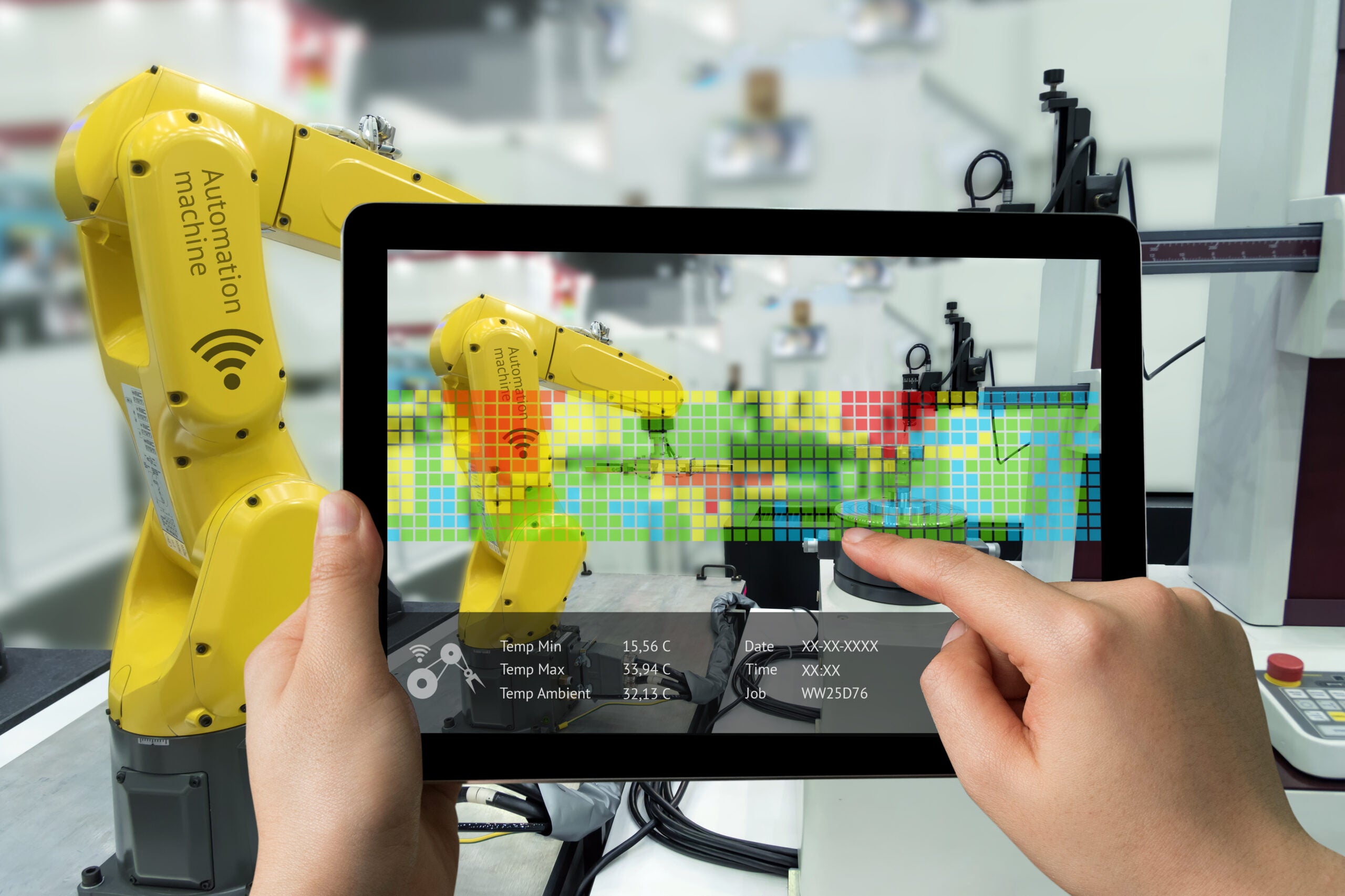
The Internet of Things (IoT) technology makes it easier to automate and accelerate processes. It has grown tremendously over the last 10 years and is projected to continue expanding exponentially in the ensuing decade.
Though often used in homes to automate processes, it has larger applications in the world of business.
Businesses can use IoT devices to accelerate workflows, save money, and optimize communication. In this article, we take a look at how Internet-powered devices can improve collaboration between otherwise separate departments.
First, what is IoT?
Internet of Things technology refers to any physical device that is linked to the Internet via a Bluetooth connection. Examples include Alexa speakers, smart ovens, smart, thermostats, smart, light systems, etc.
Basically, any household device that you can control with your phone is probably using IoT technology. It is a convenient and relatively affordable way to automate or otherwise accelerate common household tasks.
Granted, some IoT applications are more useful than others. A smart thermostat that uses sensors to regulate your heating and cooling schedule could save you hundreds of dollars over the course of its lifetime. Smart ovens that you can preheat from your phone? Nice, maybe, but not terribly different than preheating your oven directly on the appliance.
It’s in the commercial setting that these technologies find a higher purpose. In the paragraphs that follow, we will take a look at several key ways that they can improve communications and generally optimize office workflows.
What Data-Silo?
These days, every device and application generates its own set of data. Businesses are becoming increasingly better at using this information to improve operations and optimize outcomes. However, there is a problem. Every department generally uses its own set of tools.
Software is stacked. This means that firms generally don’t make tools that satisfy every need a business could have. One company might focus on producing an excellent CRM. Another might focus on developing a top-notch billing platform. These may integrate, but they will never sync up perfectly seamlessly. This creates data silos.
Sales have their numbers. Accounting another set. Marketing yet another set. Businesses everywhere are floating on oceans of data and yet they have not a drink to drop—at least not when it is all siloed away in different applications.
Internet-empowered devices can automate data collection and integration, making it easier for departments to cooperate across applications.
This is a tremendously impactful way to share information and actually take advantage of all that data that every company has.
Scheduled Maintenance
The Internet is also just a useful thing for an object to have. IOT-empowered devices alert business owners when equipment maintenance is required. Certain devices can even order their own maintenance to ensure that everything is kept in working order.
This application does not directly influence departmental collaboration. It does have the potential to make overall office efficiency better.
Supply Chain Management
All of us experienced the pains of supply chain disruption during the pandemic when manufacturers were falling short of employees or supplies left and right. Even without a once-per-century viral outbreak, supply chains are sensitive things.
They involve a lot of moving parts and require the careful collaboration of people often separated by hundreds or even thousands of miles.
IoT technology makes it considerably easier to effectively manage a supply chain. It can be used for everything from the equipment that harvests materials, to the assembly line, to the trucks that eventually ship out finished products.
Supply chain managers can get real-time updates on the status of every stage of the product development cycle.
This makes it much easier to pivot if something goes wrong.
It also gives them detailed access to data-driven insights that may allow them to improve their supply chain processes, over time.
Smart Offices
IoT also just makes it easier for multiple departments to effectively operate under one shared space. For example, a smart office configuration may allow different departments to remotely view when the conference room is in use. This is a simple but time-saving way to avoid conflicts of interest between department heads.
IoT can also be used to save money on large appliances and to make sure simple things get taken care of on time.
For example, printer ink. While printers may not be the heart and soul of your business they do require basic and regular maintenance in the form of ink, toner, and paper refills. Someone has to remember to buy it. That someone could be an IoT-powered device.
Are There Downsides to IoT?
Some cyber security experts worry that IoT-powered devices are slightly more vulnerable to cyber attacks than other technologies. One reason for this is that IoT is still relatively new and people have not yet developed best practices for using it effectively.
Many IOT technologies are also operated using devices that do not contain the same security measures as other standard business technologies. For example, smartphones. Multiple employees are using IOT devices from their personal phones. This creates numerous points of vulnerability. What is the best way to manage this concern?
In most cases, office-related cybersecurity practices can be optimized with simple repetition.
No one wants to cause a security breach. Remind them of what they are expected to do to keep their devices secure, and your employees will most likely gladly comply.
With precautions, IoT technology can be an effective way to manage your office and save money in the process.
661 Views












